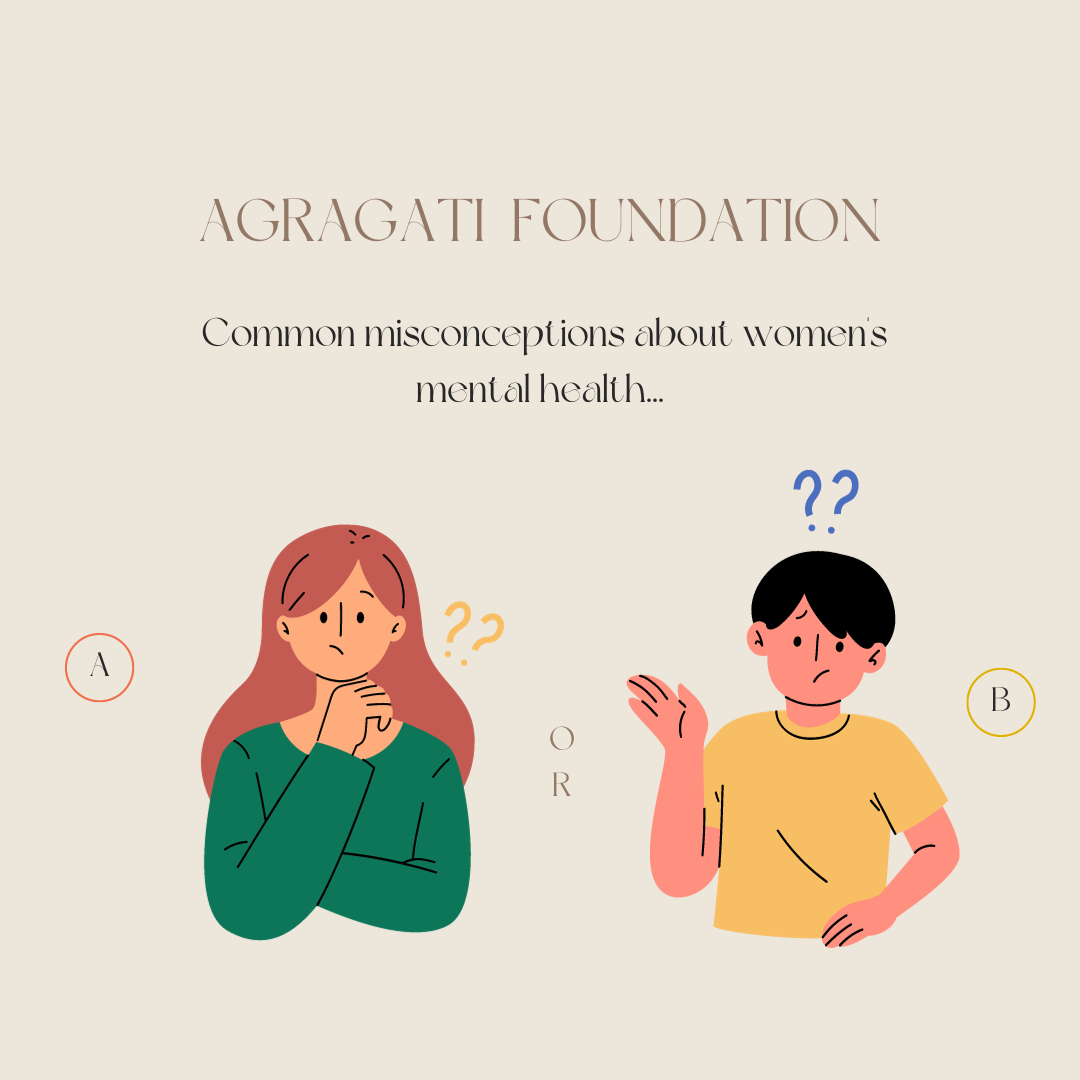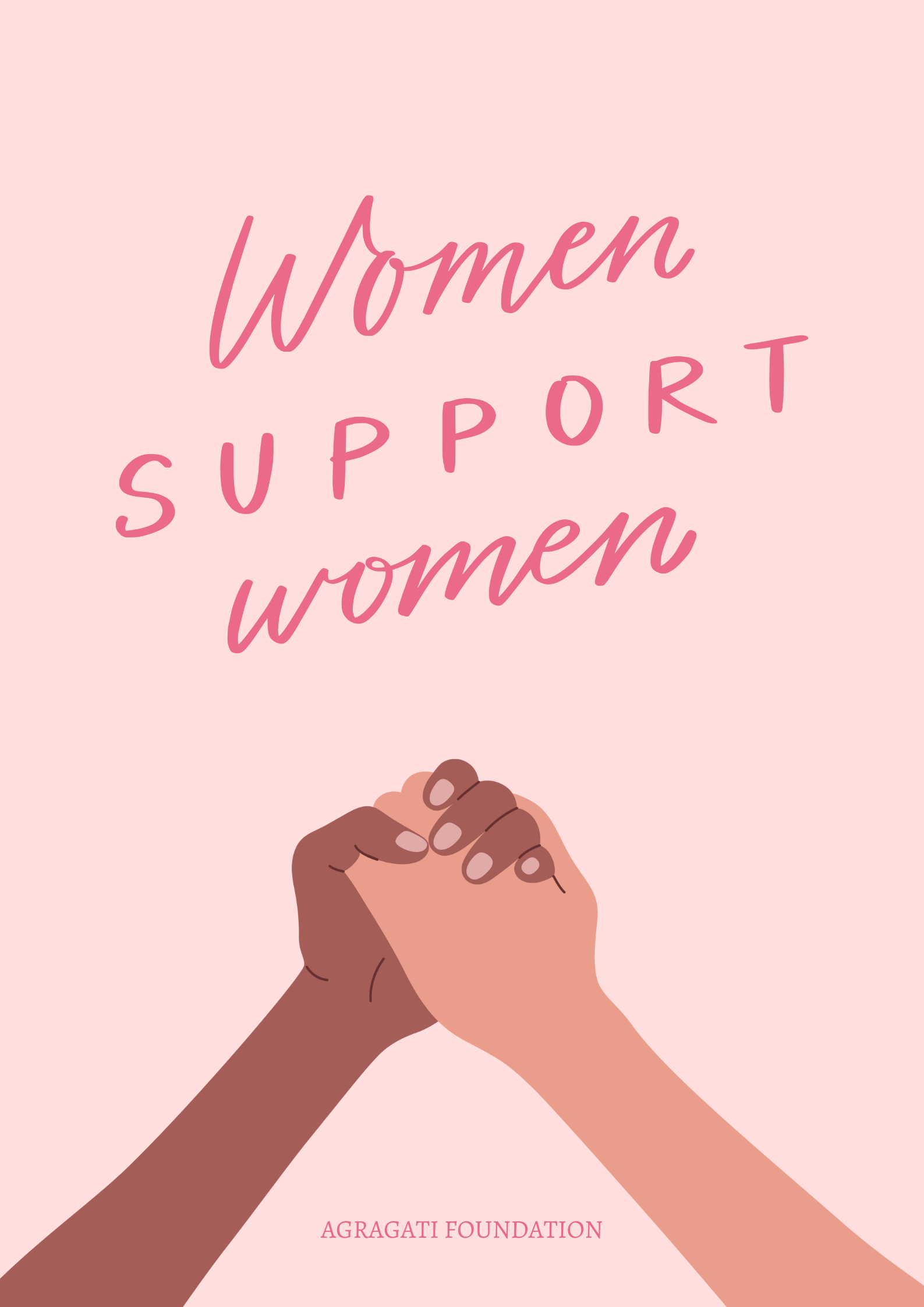Myths about women’s mental health
There are a number of myths and misconceptions about women’s mental health. Some of the most common myths include:
- Women are more emotional than men: It is true that women are more likely to express their emotions openly than men. However, this does not mean that women are more emotional than men. In fact, men are just as likely to experience emotions such as sadness, anger, and fear.
- Women are more likely to be crazy: This is a dangerous and harmful myth. It is important to remember that mental illness is not a sign of weakness or a lack of character. Anyone can experience a mental illness, regardless of their gender.
- Women’s mental health problems are caused by their hormones: While hormonal changes can play a role in women’s mental health, they are not the only factor. Other factors, such as social stressors and trauma, can also contribute to mental health problems.
- Women’s mental health problems are not serious: Mental health problems can be just as serious as physical health problems. They can have a significant impact on a woman’s life, including her relationships, work, and overall well-being.
Facts about women’s mental health
- Women are more likely than men to experience certain mental health conditions, such as depression and anxiety.
- Women are more likely than men to experience postpartum depression.
- Women are more likely than men to experience premenstrual syndrome (PMS).
- Women are more likely than men to experience post-traumatic stress disorder (PTSD).
- Women are more likely than men to commit suicide.
Solutions for supporting women’s mental health
There are a number of things that can be done to support women’s mental health. These include:
- Educating the public about women’s mental health: It is important to educate the public about the myths and misconceptions surrounding women’s mental health. This will help to reduce stigma and make it easier for women to seek help.
- Providing access to affordable mental health care: Mental health care should be accessible and affordable for all women. This includes providing mental health services in primary care settings and through insurance.
- Promoting healthy lifestyles: Healthy lifestyles, such as regular exercise and a healthy diet, can help to improve mental health.
- Supporting women in the workplace: Employers can support women’s mental health by providing flexible work arrangements, creating a supportive work environment, and offering mental health benefits.
- Building strong social support networks: Strong social support networks can help to protect women from mental health problems. Women can build strong social support networks by connecting with friends, family, and community members.
Conclusion
Supporting women’s mental health is essential to creating a more just and equitable society. By educating the public, providing access to affordable mental health care, and promoting healthy lifestyles, we can help women to achieve their full potential and live happy and fulfilling lives.

Supporting Women’s Mental Health: Myths, Facts, and Solutions
Additional tips for supporting women’s mental health:
- Be a good listener: One of the best things you can do for a woman who is struggling with her mental health is simply to listen to her. Let her know that you are there for her and that you care.
- Offer support and encouragement: Let the woman know that you believe in her and that she can overcome the challenges she is facing. Offer her your support and encouragement.
- Help her to find resources: If the woman is struggling to find mental health resources, offer to help her. You can look for resources online or in your community.
- Take care of yourself: It is important to take care of yourself when you are supporting someone who is struggling with their mental health. Make sure to get enough sleep, eat healthy foods, and exercise regularly. It is also important to take breaks and to seek support from others.
Remember, you are not alone. There are many people who care about you and want to help you. If you are struggling with your mental health, please reach out for help. There are many resources available to you.




